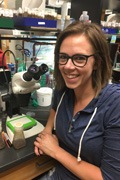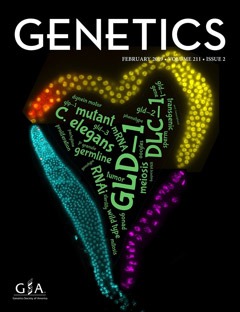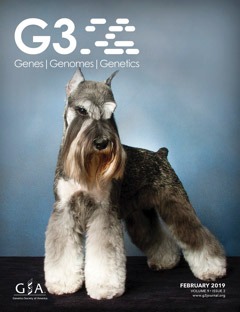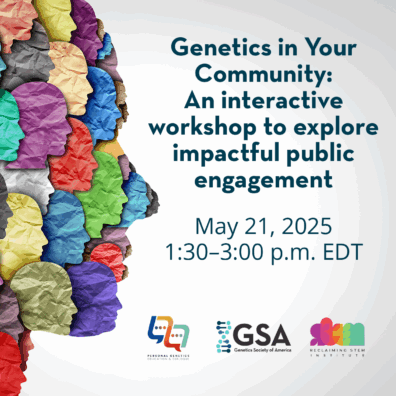GSA Partnership with Personal Genetics Education & Dialogue
Since 2020, GSA has collaborated with Personal Genetics Education & Dialogue (PGED), of Harvard Medical School, to develop genetics-and-society programming through webinars, workshops, and other events.





